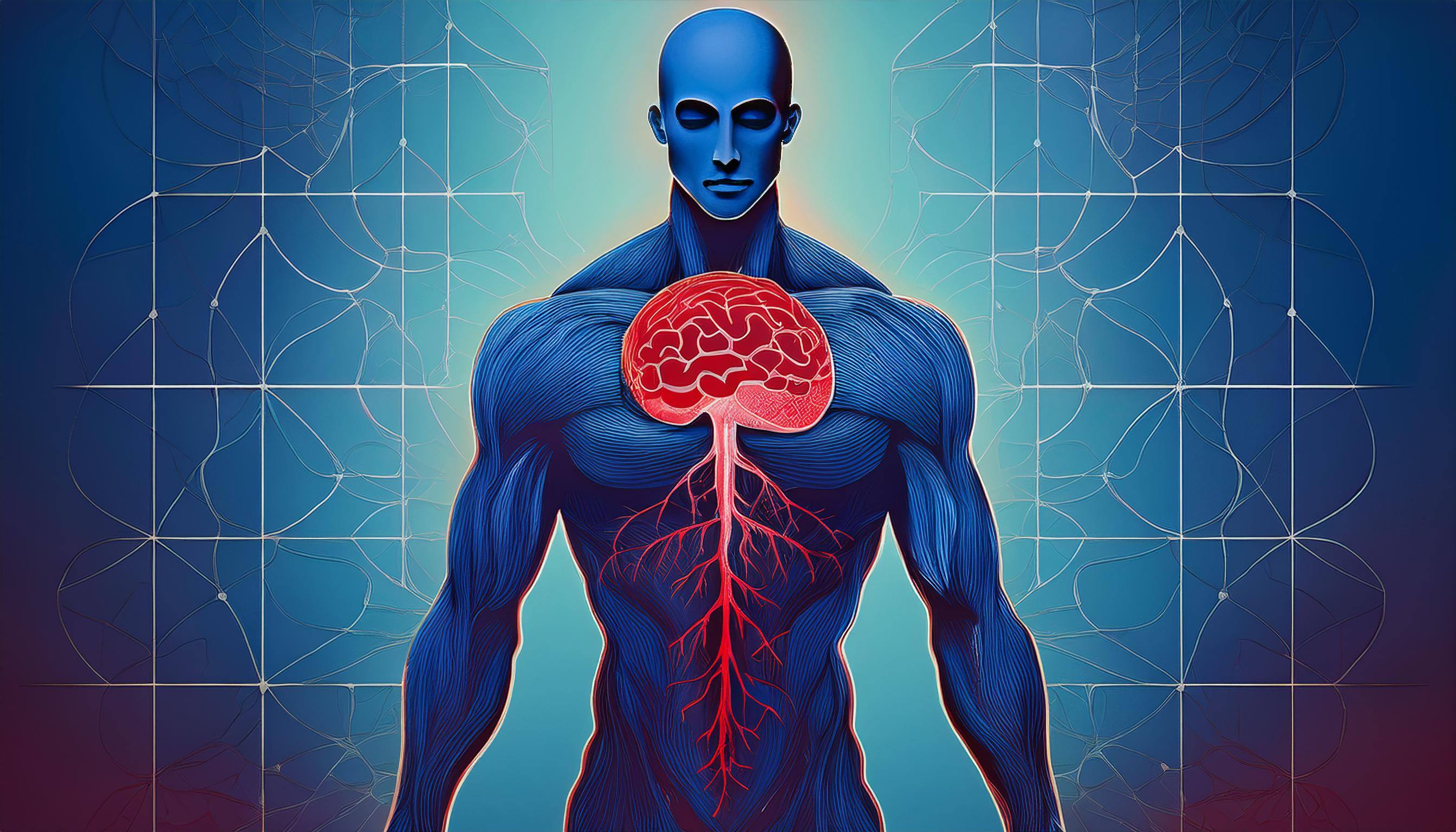
What is stress?
Let's have a quick overview of the intricate nature of stress, while exploring its multifaceted definition and the myriad ways it can influence our physical and mental well-being.
Stress, often perceived as a vague or abstract concept, actually encompasses a wide range of reactions our bodies and minds exhibit in response to challenges or demands.
From quickened heartbeats to heightened alertness, stress activates a complex set of physiological and psychological responses designed to help us cope with perceived threats or difficulties.
However, when stress becomes chronic or overwhelming, it can have detrimental effects on our health, contributing to a plethora of issues including anxiety, depression, heart disease, and more.
Understanding stress and recognizing its impact on our bodies is the first step towards managing it effectively and maintaining optimal health and wellness. Join us as we unravel the complexities of stress, offering insights and strategies to navigate this universal yet unique experience.
More on how it affects our bodies.
Stress, a common feature of modern life, is the body's response to perceived threats.
This reaction involves a cascade of hormonal changes. When faced with a stressful situation, the body releases adrenaline and noradrenaline, preparing it for a 'fight or flight' response. Heart rate increases, blood pressure rises, and the body mobilizes energy resources.
If stress becomes chronic, the body enters a sustained state of arousal. The hypothalamus-pituitary-adrenal (HPA) axis is activated, leading to the release of cortisol. While cortisol is essential for regulating blood sugar and inflammation, prolonged exposure can disrupt bodily functions. Excessive cortisol is linked to various health issues, including heart disease, obesity, and weakened immunity.
Beyond the endocrine system, stress impacts digestion, immunity, and even accelerates ageing. To counter these effects, stress management is essential. Regular physical activity, sufficient sleep, and relaxation techniques can help regulate the body's stress response. By understanding how stress affects the body and implementing effective coping strategies, individuals can mitigate its negative impacts and improve overall well-being.


So how can hypnotherapy help.
Explore the multifaceted ways in which hypnotherapy can act as a powerful catalyst for change, offering solace and solutions to those besieged by the unyielding pressures of chronic stress.
This therapeutic approach not only assists in dismantling the psychological barriers erected by stress but also empowers individuals to reclaim control over their mental and emotional well-being.
Through a series of guided sessions, hypnotherapy can unlock the mind's potential to reframe negative thought patterns, cultivate a profound sense of relaxation, and install new, healthier responses to stress triggers.
This transformative tool goes beyond mere symptom management, addressing the root causes of stress and fostering a lasting resilience that equips individuals to face future challenges with renewed strength and confidence.
The journey to overcoming stress is deeply personal, and the number of sessions needed varies from person to person. Our experience has shown that a candid and comprehensive review during the 6th session between the therapist and the client paves the most effective path forward.
